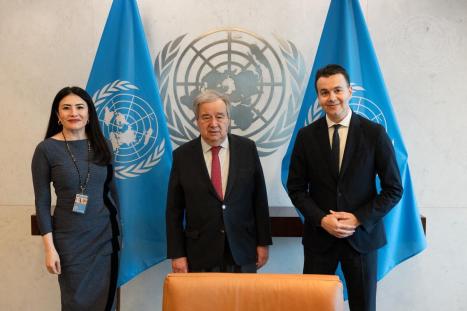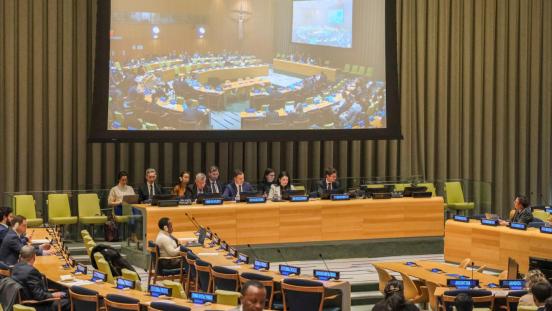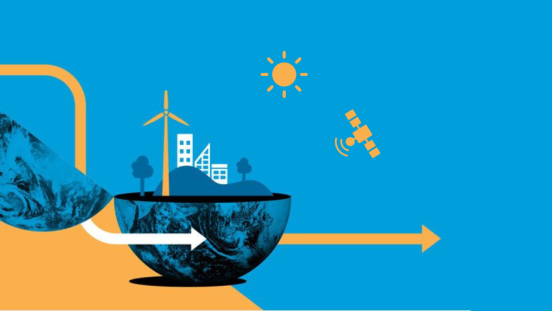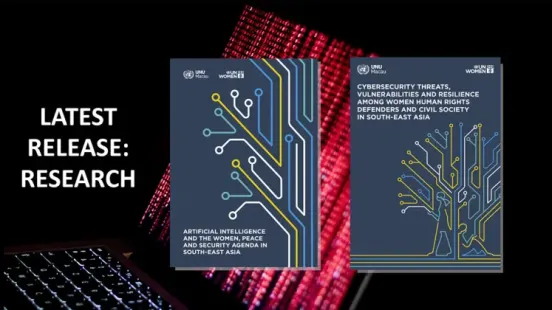Eleonore Fournier-Tombs is a senior researcher at UNU-CPR and Research Lead for the UN's High-Level Advisory Body on Artificial Intelligence.
During her career, Eleonore Fournier-Tombs has worked as a data scientist throughout the United Nations system and conducted research at the intersection of technology and gender, migration, democracy and health.
In 2012, she was awarded the UN21 Award by Secretary General Ban Ki Moon for her work at UN-OICT on the Rio+20 Conference. She then worked for the Human Development Report Office from 2012 to 2015, where she managed human development data and online communications. Between 2015 and 2018, she obtained her PhD from the university of Geneva, during which she developed a machine learning method to measure the quality of political deliberations online. She was then awarded a post-doctoral fellowship at McGill University, where she worked on using this tool to analyse parliamentary debates in the Canadian territories of Nunavut, Yukon, and the Northwest Territories.
From 2018 to 2020, Eleonore worked as a data scientist at the Centre for Humanitarian Data, OCHA, where she contributed notably to modelling COVID-19 in countries experiencing humanitarian crises. She continued this work in 2020 and 2021 at the World Bank, where she also participated in climate-related policy research in Afghanistan, Morocco, and Jamaica.
In 2021, Eleonore founded a research lab in the research chair on Accountable AI in a Global Context at the University of Ottawa Faculty of Law, where she was one of the recipients of an IDRC grant on AI for COVID-19 in Senegal and in Mali. Eleonore has also lectured at the Université de Montréal in new technologies for international cooperation and is a member of the editorial board for Data & Policy journal.
Research Interests
- AI and Data Policy
- Deliberative Democracy
- Technology and Sustainable Development










